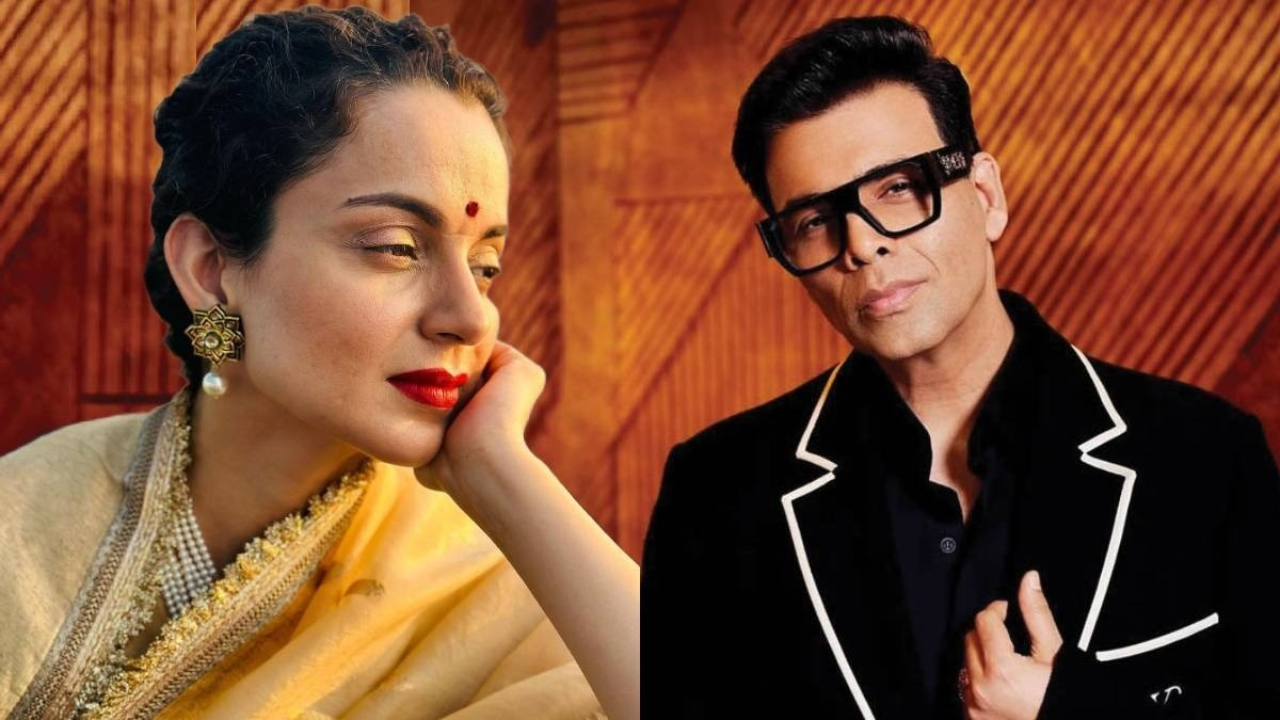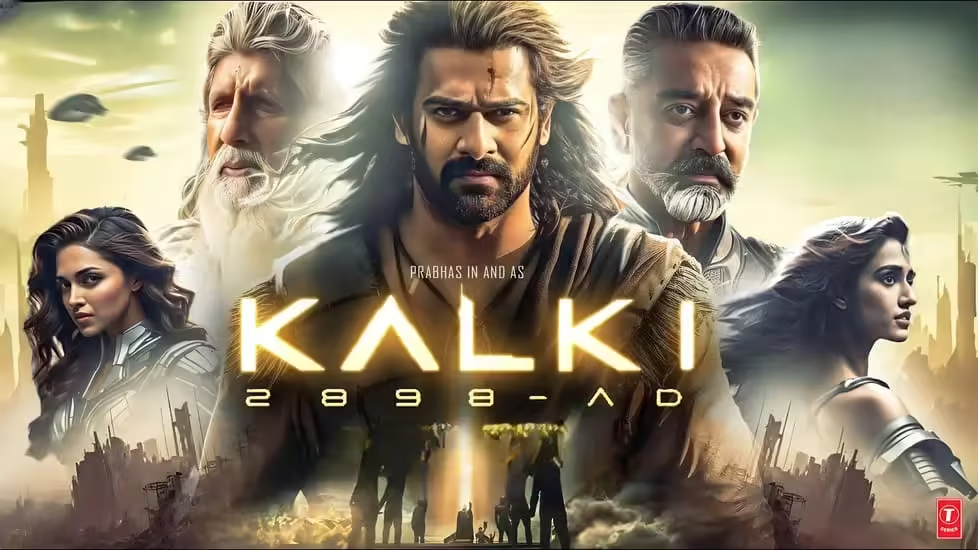With all the dramatic weight of a Wikipedia page, Netflix’s Queen Cleopatra relates the story of the fabled monarch in a superficial docudrama that frequently veers into Mills & Boon territory. The chance to click on an intriguing URL and go down an infinite rabbit hole exists even on Wikipedia. However, for four episodes of Queen Cleopatra, you are confined to your seat and forced to endure lifeless dramatic recreations intermingled with too sentimental comments.
Executive producer Jada Pinkett Smith always begins each episode with a voiceover in which she praises Cleopatra’s intelligence in a sombre manner typically associated with bad news. Additionally, each episode includes a large number of academics who are undoubtedly well-qualified to offer commentary on Cleopatra’s life and reign, but the show rarely makes good use of them.
Instead, it nearly seems as though the filmmakers let each expert recount Cleopatra’s whole life story on camera one by one before editing the interviews to give the impression that they are having trouble defining who she was and what she stands for.
In the first episode, a professor states that Cleopatra was “worshipped and feared by Egypt, courted and reviled by Rome,” setting the tone for the shoddily presented story of palace intrigue, heedless ambition, and hot romance that follows.
According to legend, Cleopatra lived in a time when people were very cruel and siblings would frequently literally stab one another in the back to advance in the family line. Another academic refers to it as “a Game of Thrones environment,” but without any humour, almost as if they want to beat you to it. And this is one of the show’s biggest flaws: the talking head segments are as dull as an Egyptian afternoon, while the recreations are identical to your grandmother’s favourite soap opera.
Even after viewing four episodes, you still don’t fully understand Cleopatra’s character. She is typically portrayed as a cunning seductress who would go against morality to acquire what she desired, yet amusingly enough, she is also compared to Beyonce. Rap and trip-hop are used on the soundtrack; this artistic decision was undoubtedly influenced by Black Panther.
However, the show lacks a soul.
Every story requires one, even the shoddily made Netflix docudramas about Cleopatra that don’t include a single historical image of the palaces she resided in, or of her numerous sculptures, or even paintings of her most illustrious conquests, both romantic and territorial. The fluidity of her image, which was continuously changing depending on who was wielding the brush or the chisel, would have been made clear by all of this, without a doubt.
The public’s impression of Cleopatra has undoubtedly been influenced by the dark-haired, olive-skinned actresses who have portrayed her in cinema, such Elizabeth Taylor and Monica Bellucci (and perhaps Gal Gadot soon). But not even the academics Netflix assembled appear to be certain of her appearance. A man claims that he believes she had light brown skin and curly hair, similar to his own, while a woman claims that she imagines her to be Black, like herself. Most experts agree that people imagine themselves like Cleopatra. That makes her similar to Jesus.
The Egyptian Supreme Antiquities Council refuted the show’s assertion that Cleopatra was black, which sparked a debate about it in the days before its debut. Adele James, a mixed-race performer who plays her in the recreations, was instantly the subject of racist trolls. The Egyptian government’s criticism of the broadcast probably fuelled the trolling.
They do have a point, though; if they believe that there is sufficient evidence to demonstrate that Cleopatra “had white skin,” it would be impolite of a Netflix show to imply otherwise, especially given that it lacks supporting evidence.
If anything, the discourse around the show makes you wonder what’s more ancient, the relics on display or the mindset of the people commenting on the color of somebody’s skin.












